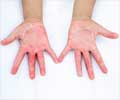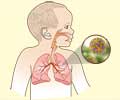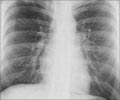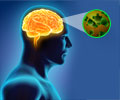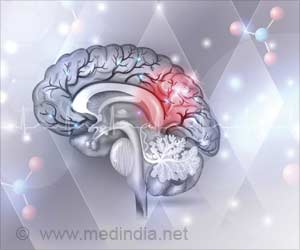
New Diagnostic Blood Test Improves Patient Outcomes
"Such delays can stop patients getting the right treatment early on, so there is a clear and urgent need to improve diagnostics. Using this new approach, once it's translated to near point of care devices, could be transformative for health care."In the study, researchers explored an approach focused on detecting the pattern of a patient's gene expression in blood that occurs in response to specific infections and inflammatory conditions. Using data from thousands of patients (including more than 1,000 children with 18 infectious or inflammatory diseases) the team was first able to identify which key genes were switched "on" or "off" in response to a range of illnesses -- providing a molecular signature of disease.‘Utilizing just one blood sample, the new diagnostic test could empower medical professionals to pinpoint the root cause of fever by analyzing the distinct genetic pattern of the body's "switched on or off" genes in response to particular illnesses. #DiseaseDiagnosis #Streptococcus #Tuberculosis #InflammatoryDiseases’
Tweet it Now
Machine learning was then applied to identify which patterns of gene expression corresponded to the specific disease areas and pathogens -- focusing in on a panel of 161 genes for 18 conditions.This panel was further validated in a cohort of 411 pediatric patients admitted to hospital with sepsis or severe infections (representing 13 of the 18 diseases), where gene expression was captured from blood analysis, and where diagnoses were made using current gold standard clinical methods.Source-IANS

